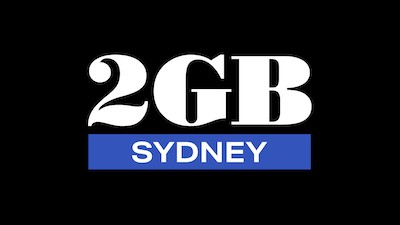When networking goes wrong

The technology available to enable networking of content is tremendous: it allows stations to run more efficiently, and can often offer a stronger product for the listener.
This isn’t to suggest all networking is good, but much of it is. It makes sense to network big shows like Hamish & Andy. It makes sense to network Neil Mitchell. It makes sense to network music shifts into small markets that couldn’t otherwise sustain an entire announcing team.
However when networking goes bad, it’s ugly. Generally there are two things that can cause bad networking.
Firstly, management being overly brutal on costs: resulting in either poor talent being networked or inappropriate ‘brand fit’ networking. Secondly, those responsible for programming, and/or hosting, the networked shows accepting poor execution, through a lack of care or a lack of knowledge.
Recently, I listened to an FM station in a competitive large regional market, which was running a networked music shift with local ads inserted. It was unclear whether the announcer was live or voice-tracked, however they were broadcasting to multiple regional markets at the same time, about five stations in this case.
The content in the announcer breaks was appalling:
‘……that was song x, and coming up we’ll play artist y and z and
after midday don’t forget our music feature on etc etc……’.
Break after break, hour after hour, this was the content from the announcer.
Awful.
Repetitive.
Where was the break talking about the storm on the way? Where were the speed breaks over intros with callers? Where was the talking up of the local cricket/basketball/footy teams game at the weekend?
Where was anything to engage me as a listener?
Given they have the technology to localise their breaks, presumably the announcer and their Program Director believe that being networked means local content is either too hard or not important enough to attempt.
Ultimately, your view on this comes down to a simple question: is radio in the game of delivering content or delivering compelling content?
If you believe delivering content is enough, then this station succeeded. Irrespective of the quality bar, it delivered the content to me, the listener. If you believe that radio should deliver compelling content, then this station failed. Whilst it was delivered, it was far from compelling.
The easy explanation (and excuse!) is to blame workload, staffing levels or budget restrictions: and no doubt some of those things make creating compelling radio more challenging. However as broadcasters, we need to accept that it is our responsibility to engage with, and connect to, listeners: to provide a product that is relevant to them and their lives.
If you are a programmer, this is part of your role. You need to articulate it, teach it, measure it, manage it, and hold your team accountable for delivering it.
If you’re an on-air talent, you need to take personal pride and responsibility for what you deliver to the listener.
Because if radio isn’t compelling, radio is irrelevant.
 |
 |
|
Dan Bradley is Executive Director of Kaizen Media; an international media, management and marketing company. You can contact Dan here. |



